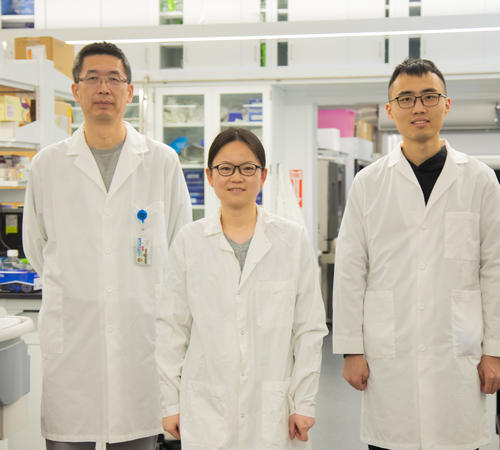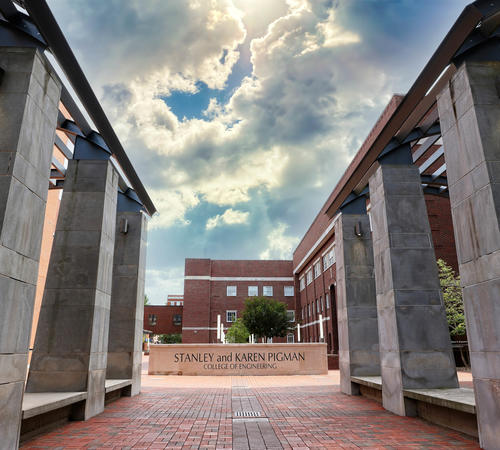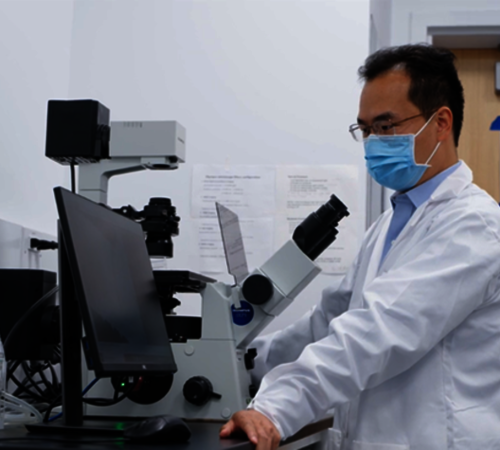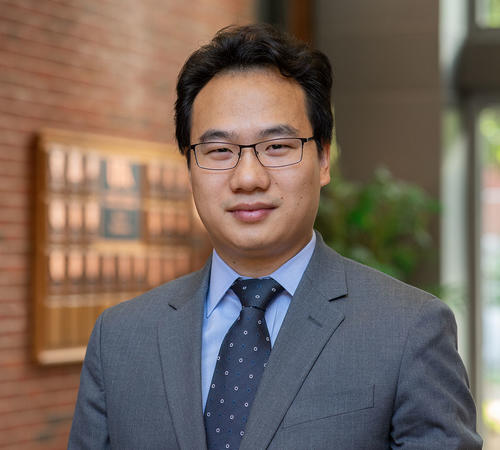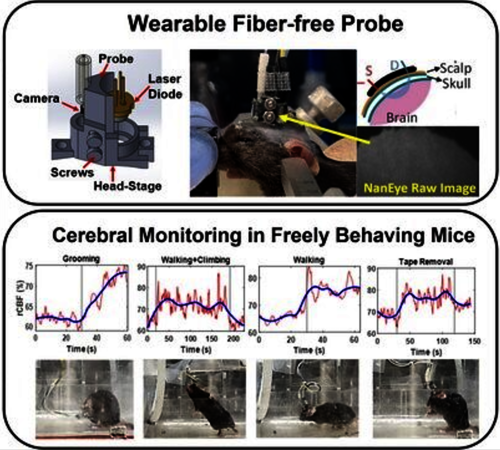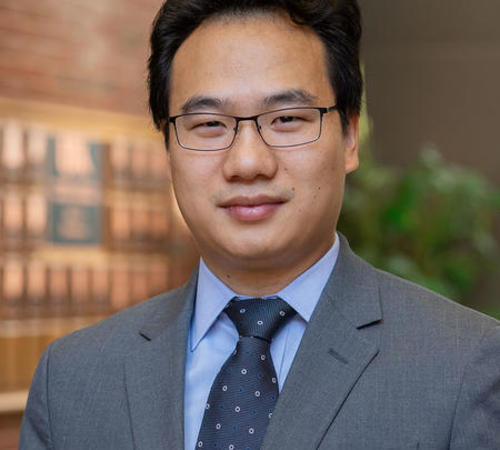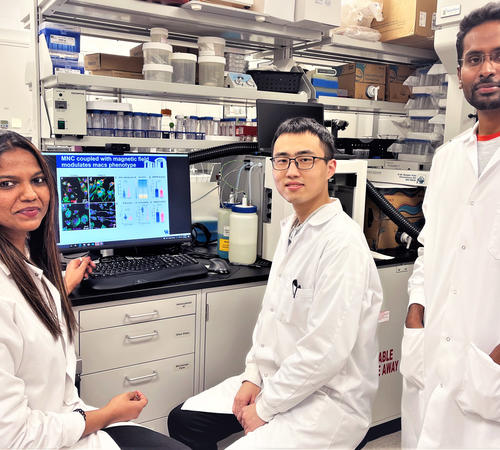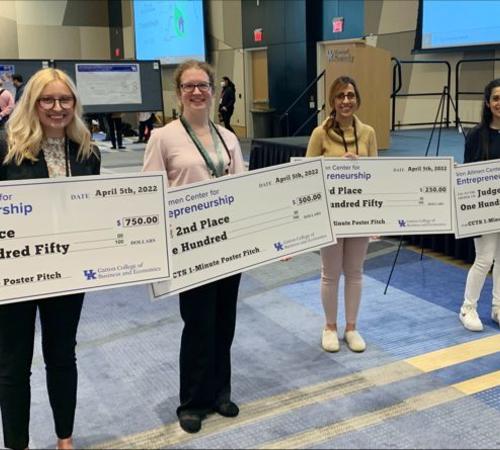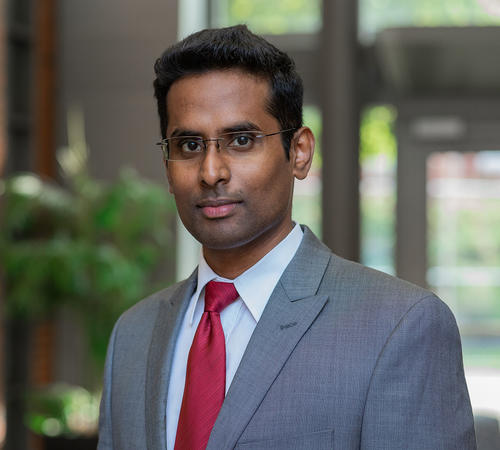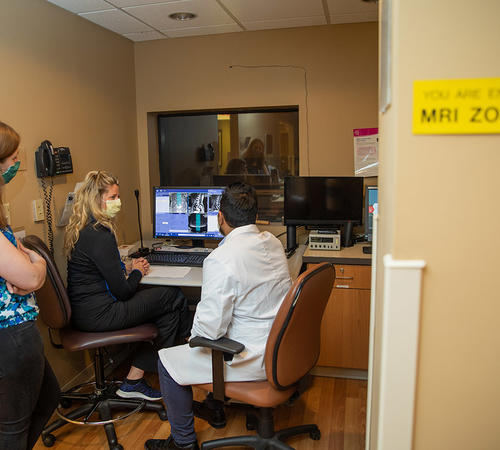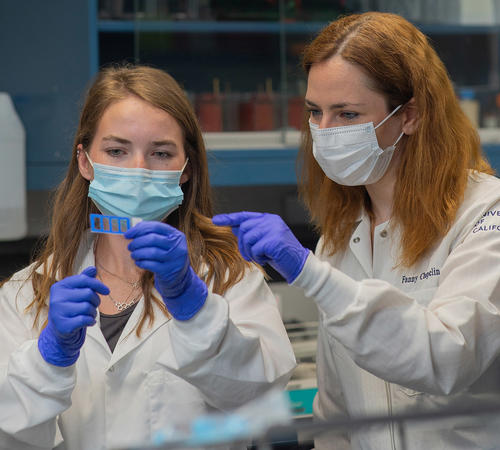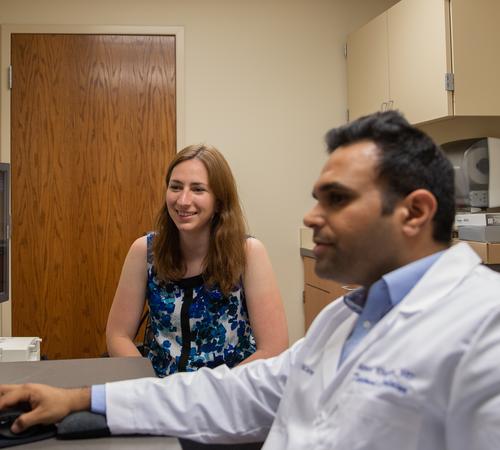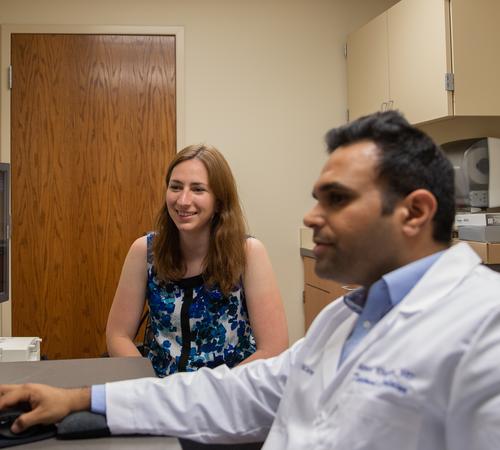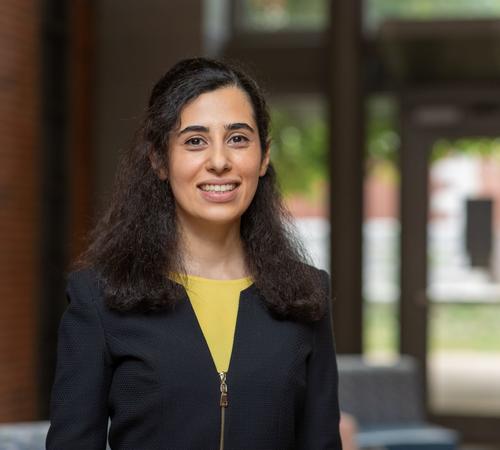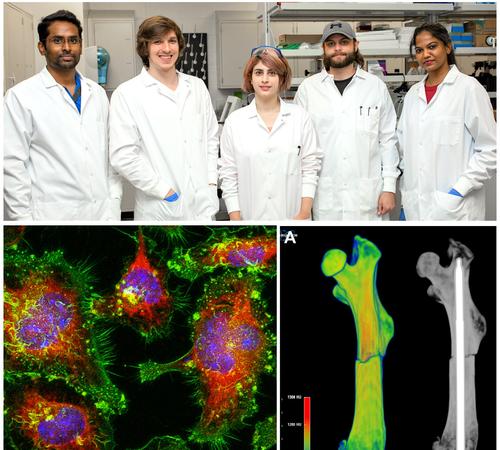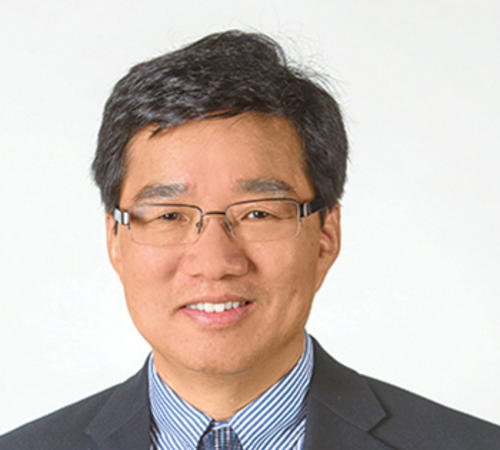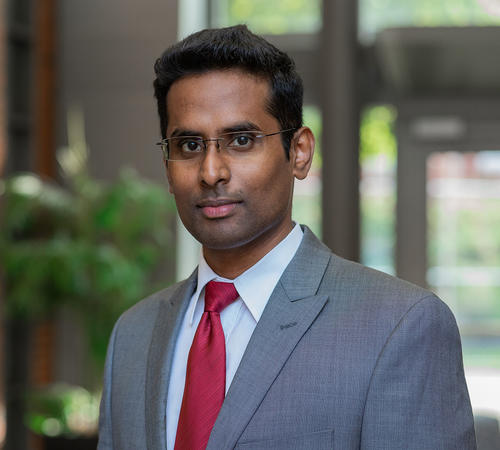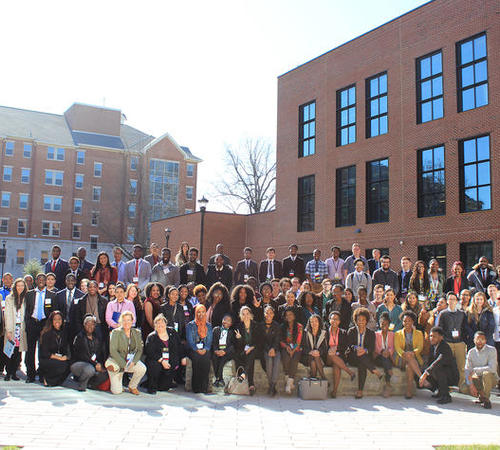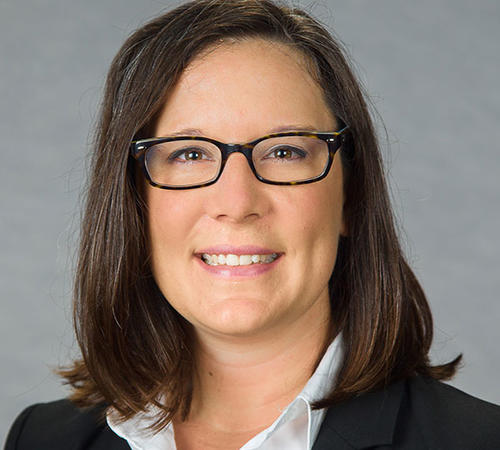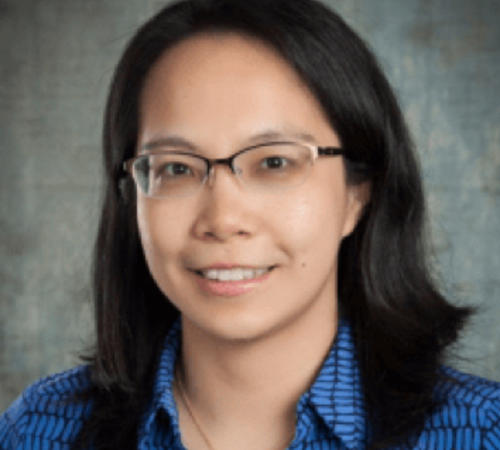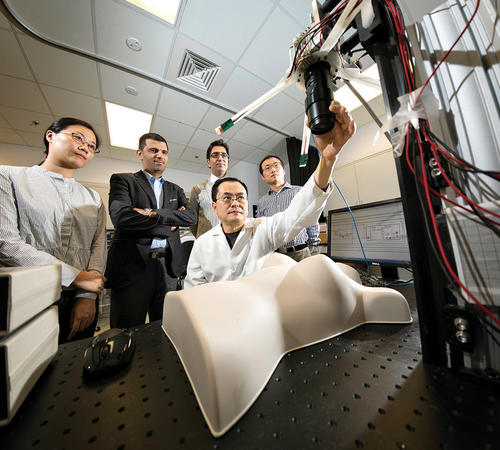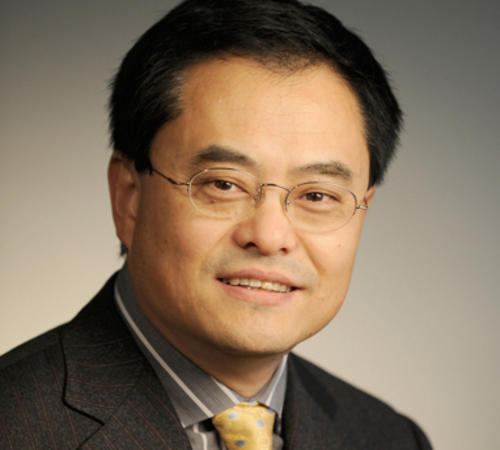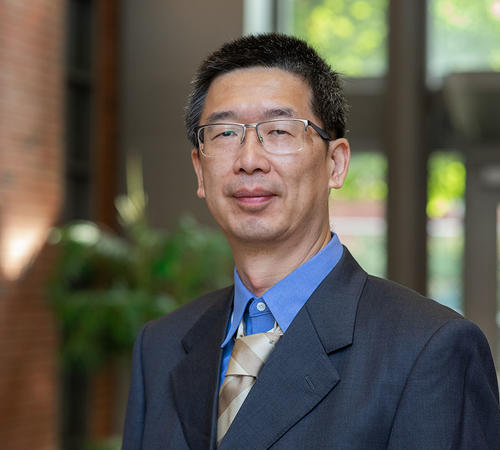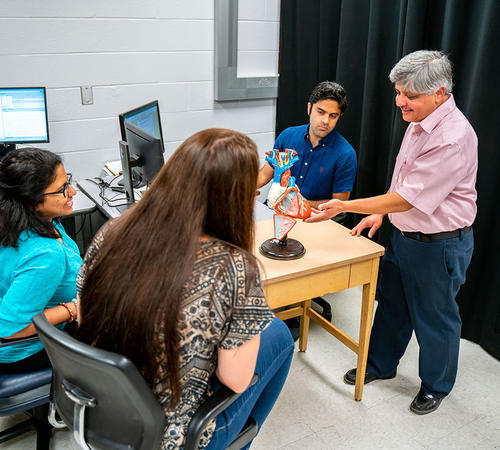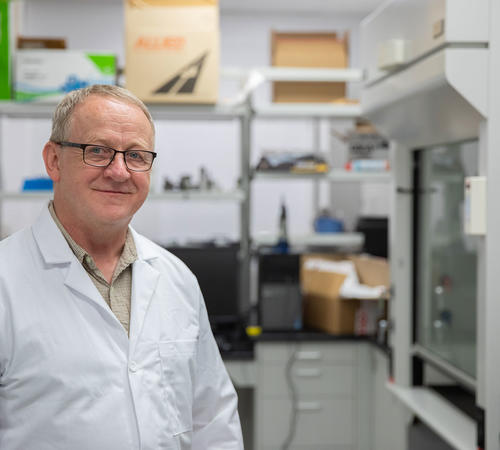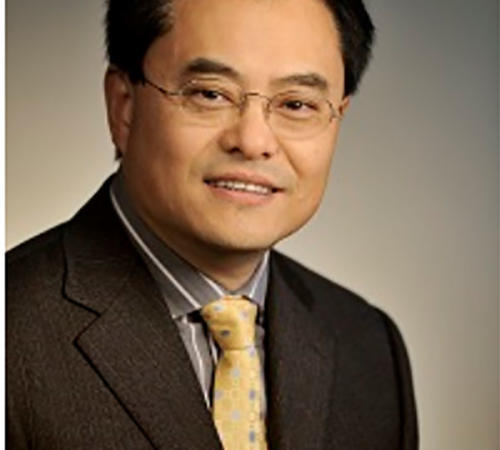Biomedical engineering involves the application of engineering principles to problems in medicine and biology that develop new knowledge, advanced sensors and devices and improved health care.
Because of the multidisciplinary nature of the biomedical engineering research projects, the faculty of the F. Joseph Halcomb III, M.D. Department of Biomedical Engineering collaborates with investigators in many units across the University of Kentucky campus, including the Colleges of Engineering, Medicine, Dentistry, Pharmacy and Arts & Science; the Centers for Minimally Invasive Surgery, Magnetic Resonance Imaging and Spectroscopy and Membrane Science and the Advanced Science and Technology Commercialization Center and Institute For Sustainable Manufacturing.
Choose from the following links to learn more about UK BME research.
Facilities
Learn about where we are housed.
Laboratories
Find a description of our research labs.
Publications
Find citations of research publications from our labs.
Undergraduate Research
Undergraduates have the opportunity to work side-by-side with biomedical engineering faculty and graduate students on innovative, pioneering research projects.
Seminars
These seminars cover topics in biomedical engineering and related fields.
